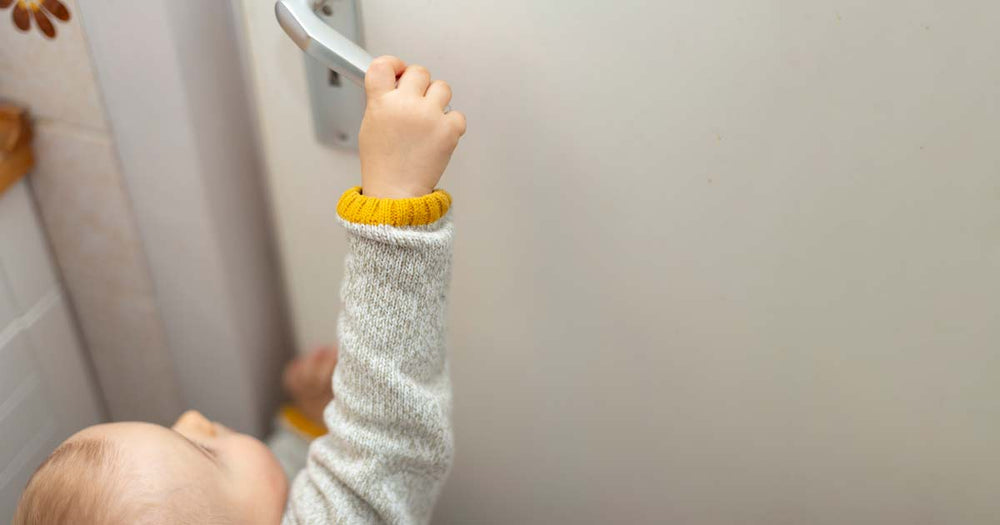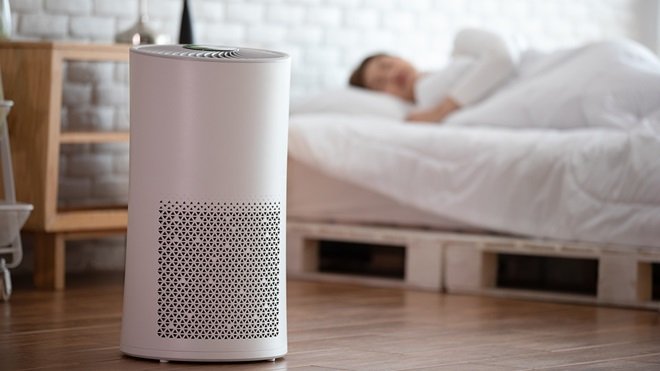Air purifiers are popular in many homes today. They help keep the air clean. But, can they remove bacteria? Let’s find out.

Credit: www.airoasis.com
What Are Air Purifiers?
Air purifiers are devices. They clean the air around us. They remove dust, pollen, and other particles. Some even remove odors and smoke.
How Do Air Purifiers Work?
Most air purifiers use filters. These filters trap particles in the air. The most common type is the HEPA filter.
| Type of Filter | What It Removes |
|---|---|
| HEPA Filter | Dust, pollen, pet dander, and some bacteria |
| Activated Carbon Filter | Odors and smoke |
| UV Light | Bacteria and viruses |

Credit: www.amazon.com
Can Air Purifiers Remove Bacteria?
Yes, some air purifiers can remove bacteria. But, it depends on the type of purifier.
Hepa Filters
HEPA filters can trap bacteria. They remove particles as small as 0.3 microns. Many bacteria are larger than this. So, HEPA filters can capture them.
Uv Light Purifiers
Some air purifiers use UV light. UV light can kill bacteria. It breaks down their DNA. This makes them unable to grow or reproduce.
Activated Carbon Filters
Activated carbon filters do not remove bacteria. They are good for removing odors and smoke. But, they do not trap or kill bacteria.
Benefits of Using Air Purifiers
Using air purifiers has many benefits. Here are some of them:
- Cleaner air to breathe
- Reduced allergies and asthma symptoms
- Less dust in the home
- Fewer odors
- Reduced spread of bacteria and viruses
Choosing the Best Air Purifier
Not all air purifiers are the same. Here are some tips to help you choose the best one:
Check The Filters
Make sure the purifier has a HEPA filter. This will help trap bacteria. If you want extra protection, look for one with a UV light.
Consider The Room Size
Choose a purifier that is right for your room size. A small purifier won’t work well in a large room. Check the product details for the recommended room size.
Look For Certifications
Look for purifiers that are certified. Certifications like AHAM and Energy Star are good signs. They show the purifier meets certain standards.
Read Reviews
Read reviews from other users. See what they say about the purifier. This can help you decide if it is a good choice.
Maintaining Your Air Purifier
To keep your air purifier working well, you need to maintain it. Here are some tips:
- Change the filters regularly
- Clean the purifier as per the manual
- Check for any issues or malfunctions
Frequently Asked Questions
Can Air Purifiers Kill Bacteria?
Yes, air purifiers can help reduce bacteria levels by using HEPA filters and UV-C light technology.
Do Hepa Filters Remove Bacteria?
HEPA filters can capture bacteria, trapping them in the filter material, thus reducing airborne bacterial levels.
Are Uv-c Lights Effective Against Bacteria?
UV-C lights in air purifiers can kill bacteria by disrupting their DNA, preventing them from reproducing.
How Often Should I Replace Filters?
Replace filters every 6-12 months for optimal performance, depending on usage and manufacturer recommendations.
Can Air Purifiers Prevent Bacterial Infections?
Air purifiers can reduce airborne bacteria, potentially lowering the risk of bacterial infections in indoor environments.
Conclusion
Air purifiers can remove bacteria from your home. But, you need to choose the right one. Look for HEPA filters and UV light purifiers. They are the most effective.
Using an air purifier has many benefits. It keeps your air clean and reduces allergies. It also helps to reduce the spread of bacteria and viruses.
Remember to maintain your purifier. Change the filters and clean it regularly. This will ensure it works well and lasts longer.
With the right air purifier, you can enjoy cleaner, healthier air in your home.
Rakib Sarwar is a Registered Pharmacist and a reputed health and wellness blogger. He has a great interest in Air purifiers.
